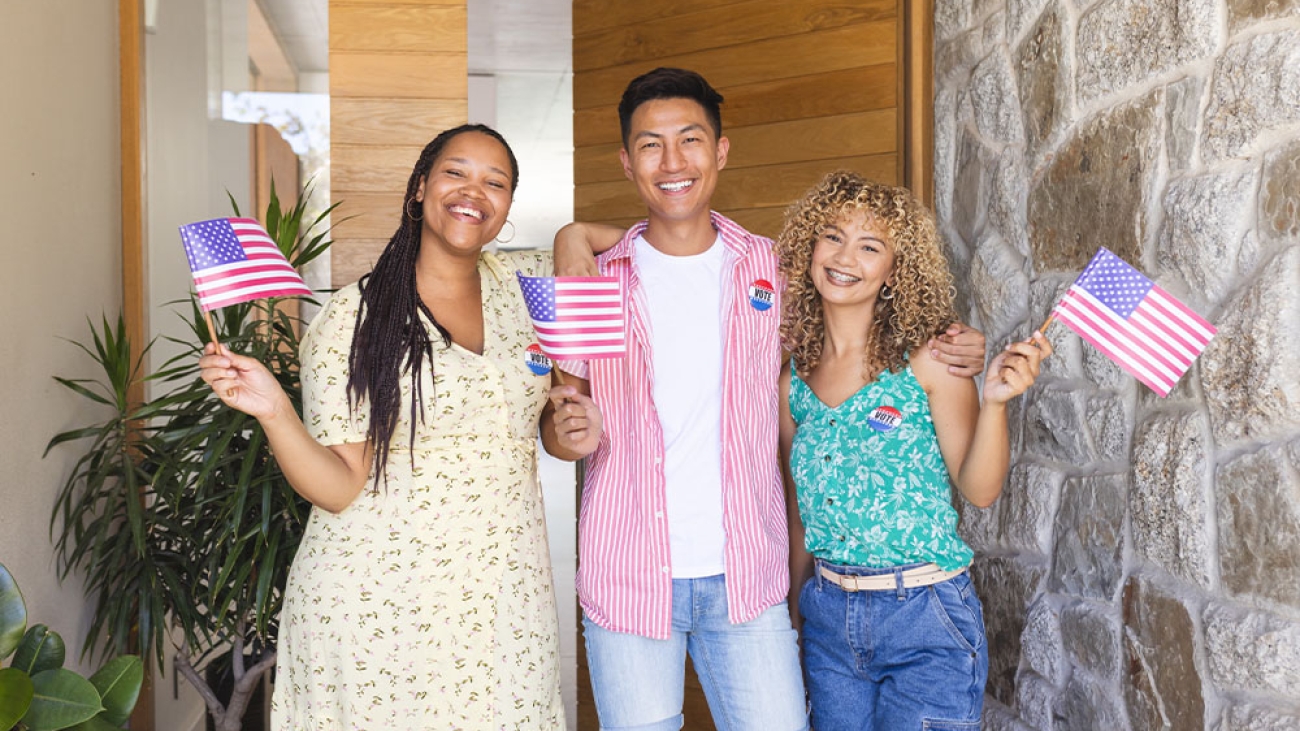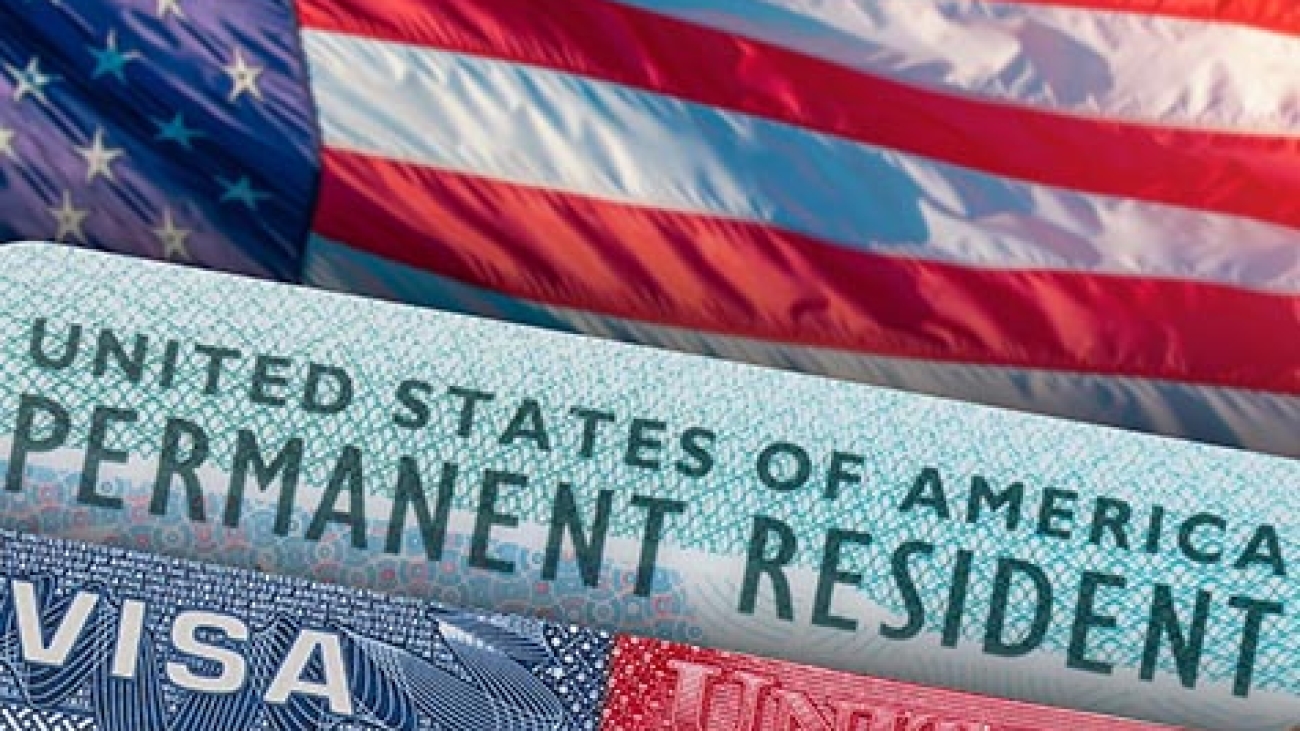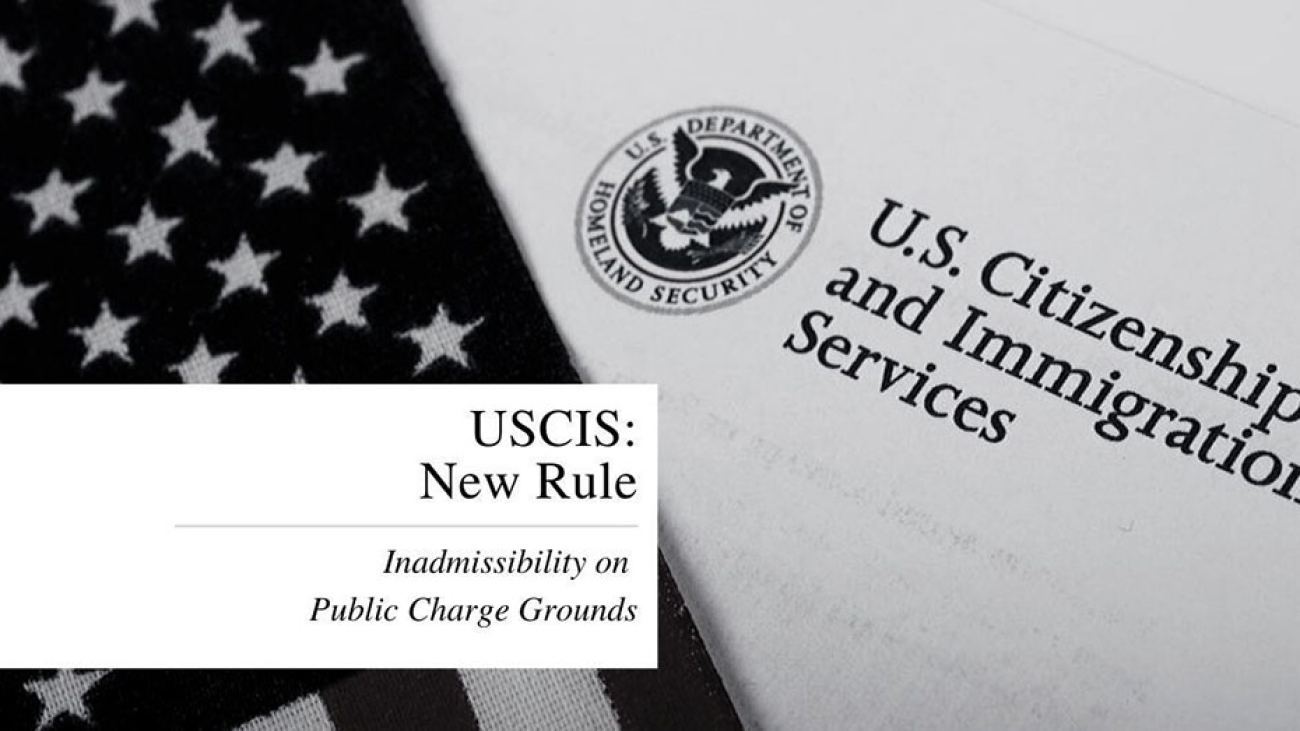Attorney K. Choi, Immigration Law Specialist
Q: How do I remove conditions from a marriage-based green card?
A: To remove conditions, you can file Form I-751 with USCIS between 90 days before the two-year anniversary of the issuance of your marriage-based green card and the day it reaches two years. If you fail to file during this period, unless there is a significant reason that justifies filing late—or you file for a waiver and it’s accepted—the conditional green card will expire on the two-year mark. A “waiver” refers to filing the petition individually rather than jointly with your spouse.
Q: What is required to remove conditions?
A: You must prove the “bona fide” nature of your marriage, mainly using evidence created after the date you obtained your green card. Strong evidence includes documentation of a shared economic life (e.g., joint tax returns, bank accounts, insurance), affidavits, having a child together (if applicable), photographs, and so forth.
Q: Can I still apply to remove conditions if I get divorced?
A: Yes. Even if there was a divorce or annulment, abusive conduct by the spouse (which can include abuse of children), or a situation in which you would face extreme hardship if you lost status, or if the spouse has passed away, you can still remove conditions by obtaining a waiver, provided you prove the bona fide nature of your marriage and the relevant circumstances.
Q: How do I apply for a waiver?
A: For a waiver based on divorce or annulment, you must present evidence of both the circumstances leading to the divorce and the genuineness of the marriage. It is possible to apply for the waiver regardless of the conditional green card’s expiration date or whether the divorce is final.
In the case of “extreme cruelty,” a waiver can be granted if you already hold a conditional green card and suffer abuse from your spouse. If you have not yet received conditional resident status, you may qualify for a green card under VAWA. Notably, men can also apply for VAWA, despite the term “Violence Against Women Act.” Abusive behavior is not limited to physical violence; it can include threats such as “I will report you to immigration” or “I will divorce you,” interception of phone calls, restricting transportation, controlling you financially, insults, offensive language, or constant anger outbursts.
Meanwhile, VAWA is a separate basis for green card eligibility rather than just a waiver. Though it also requires proof of abuse by a U.S. citizen or permanent resident spouse, it entails different requirements, such as a three-year period of residence, which differ from those for marriage-based green cards. Furthermore, if there is abuse directed toward a child, the parent can file VAWA, and it is possible to apply up to two years after the marriage ends. You can also apply even before receiving a conditional green card. Even if the U.S. citizen or permanent resident spouse loses their status, or the abuse occurred prior to them obtaining citizenship or permanent residency, a VAWA petition can still be filed. Under VAWA, if you are already in removal proceedings, you may qualify for cancellation of removal, thus becoming eligible for a green card.
When seeking a waiver based on extreme hardship, you must demonstrate that if your conditions are not removed and your green card expires, leading to your departure from the U.S., you would suffer extreme hardship. This can include economic difficulties for you or your family, as well as language barriers, health concerns, child-rearing challenges, difficulty finding employment, and so forth. This waiver may be an option even if the marriage is technically ongoing rather than dissolved, so long as there are significant issues such as separation that make the marriage unsustainable.
Because a waiver request is scrutinized more carefully by USCIS—often more so than a standard marriage-based green card—approval can be more difficult. The reason is that a quickly terminated marriage often raises questions about whether the marriage was genuine. As a result, it can be more challenging to obtain approval compared to a typical marriage-based green card.
Contact: (714) 295-0700, (213) 285-0700, greencardandvisa@gmail.com, KakaoTalk ID: greencards







